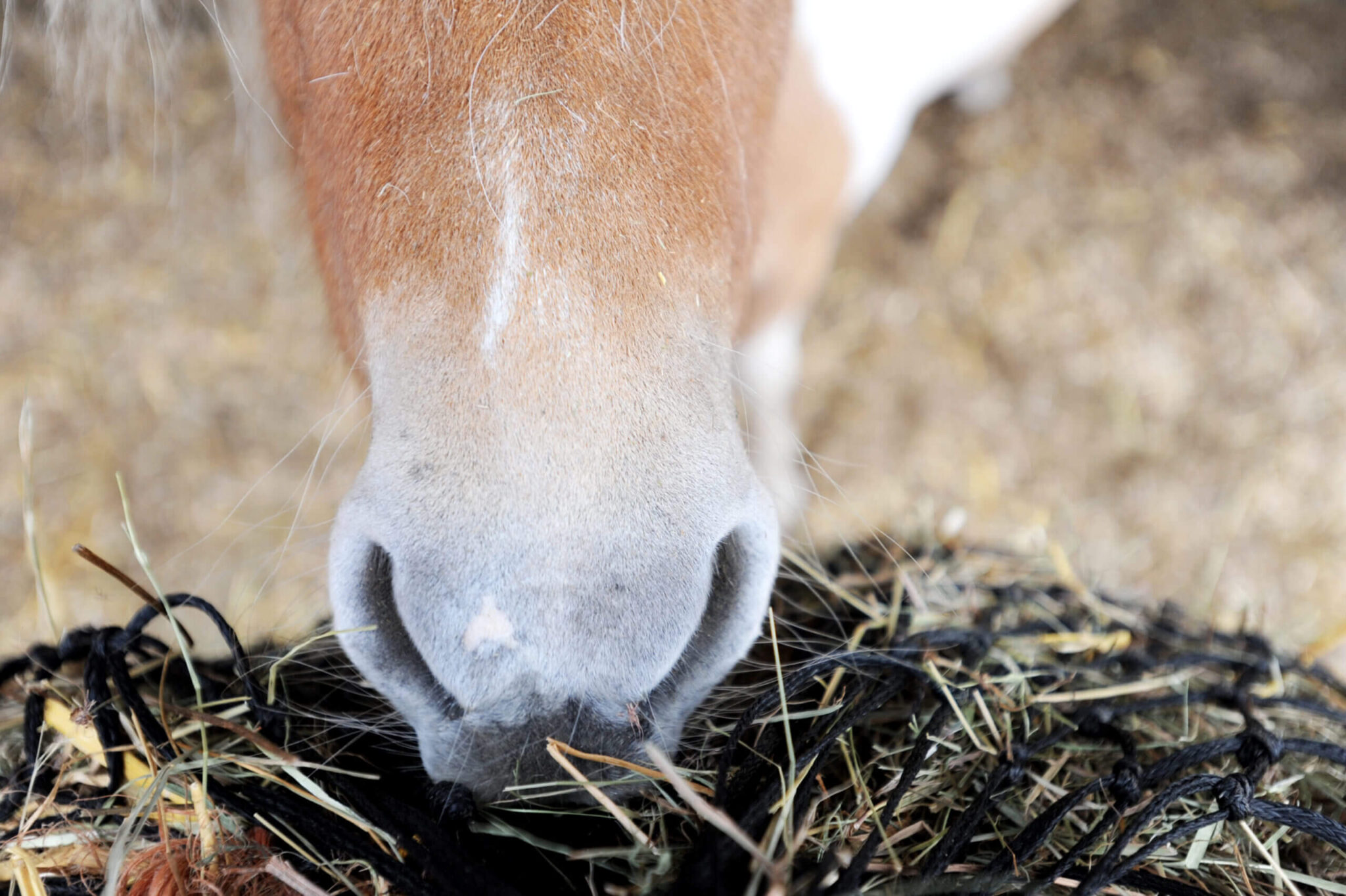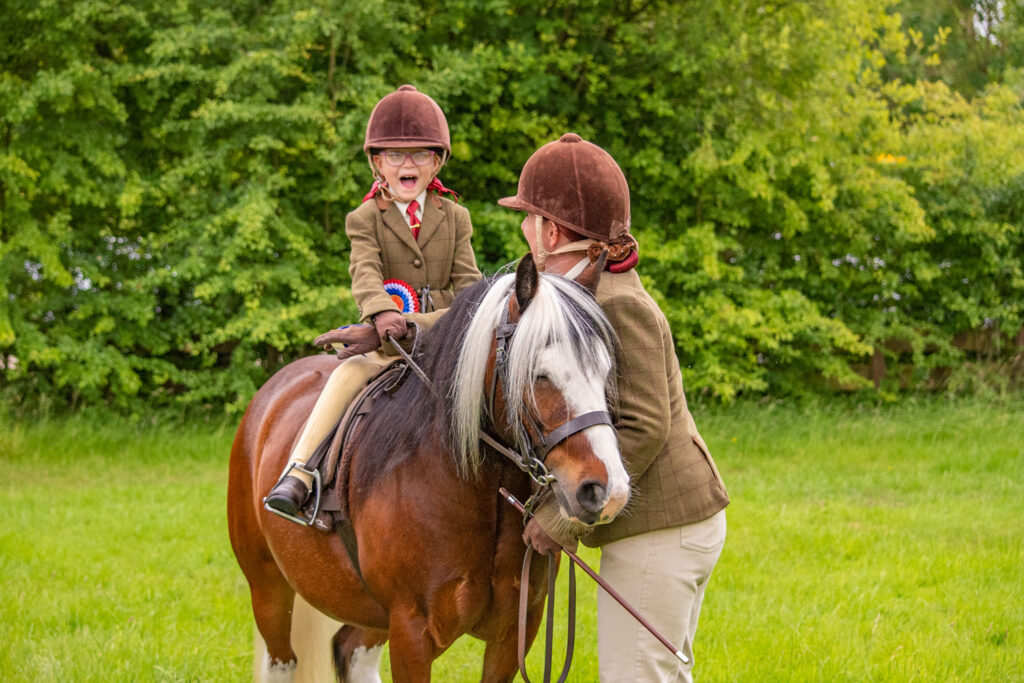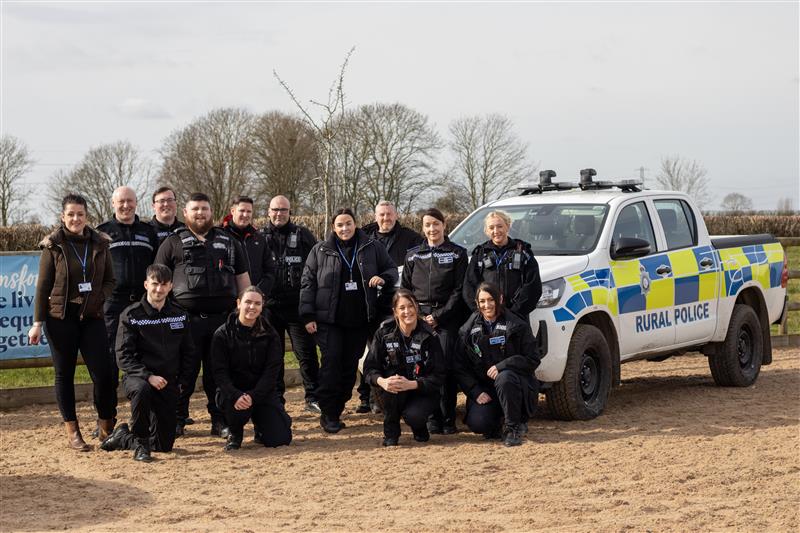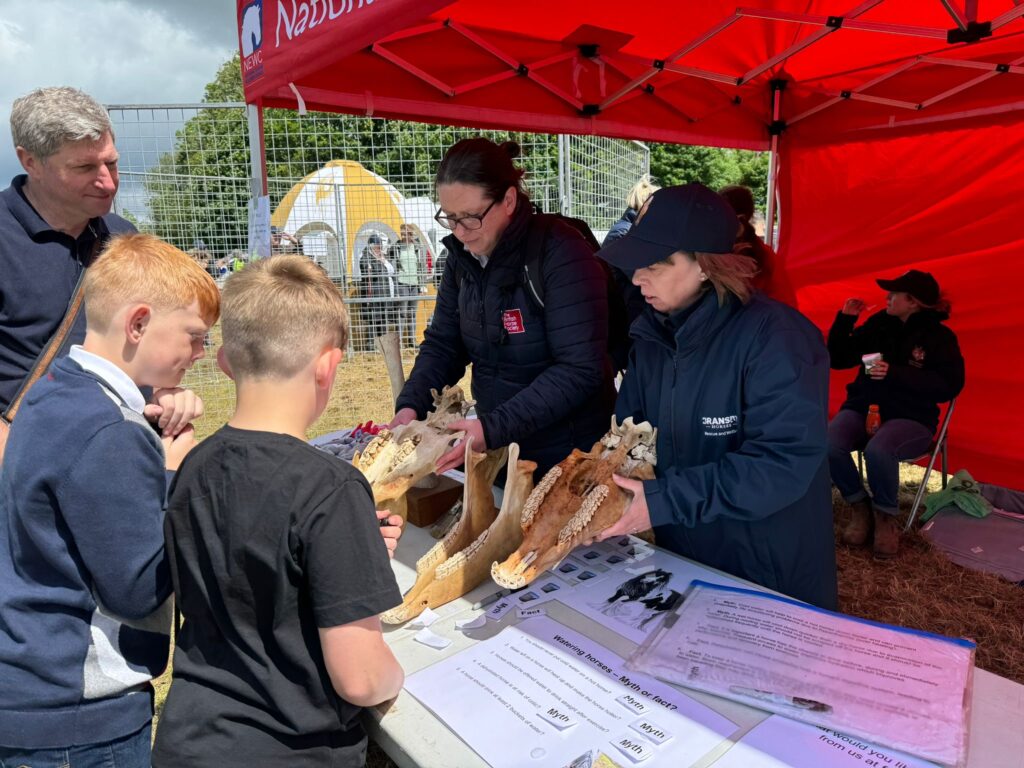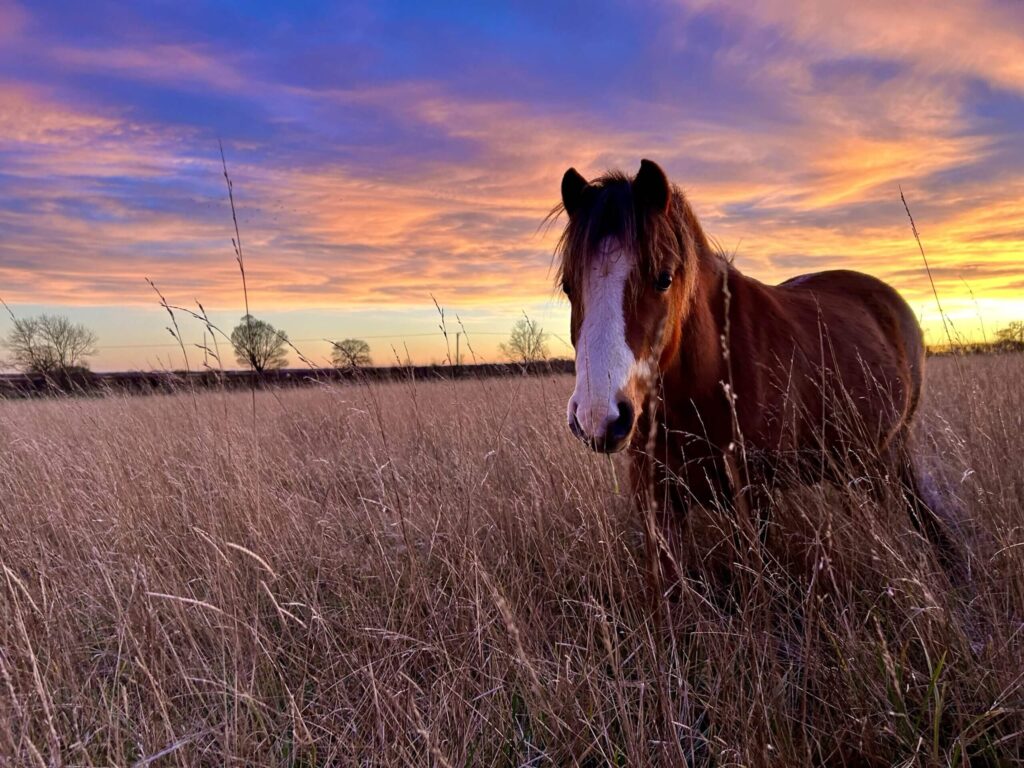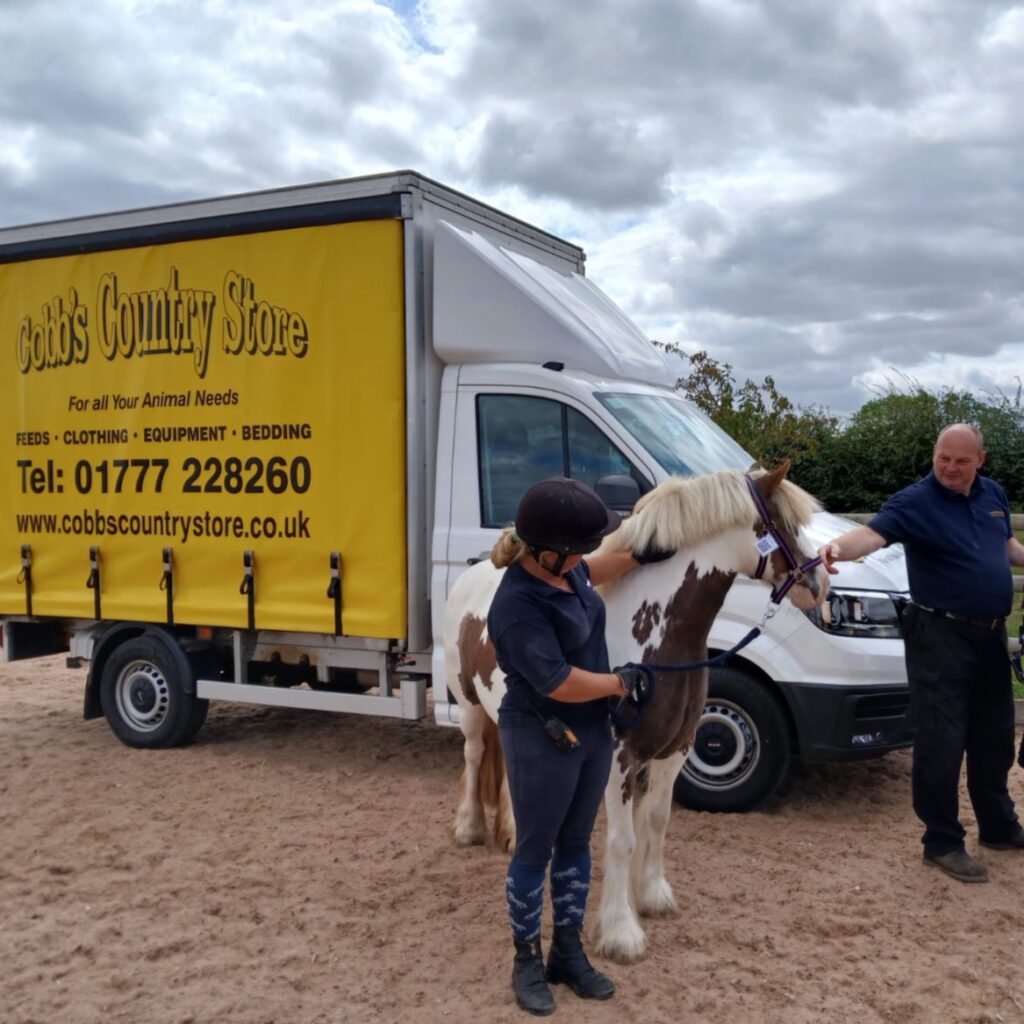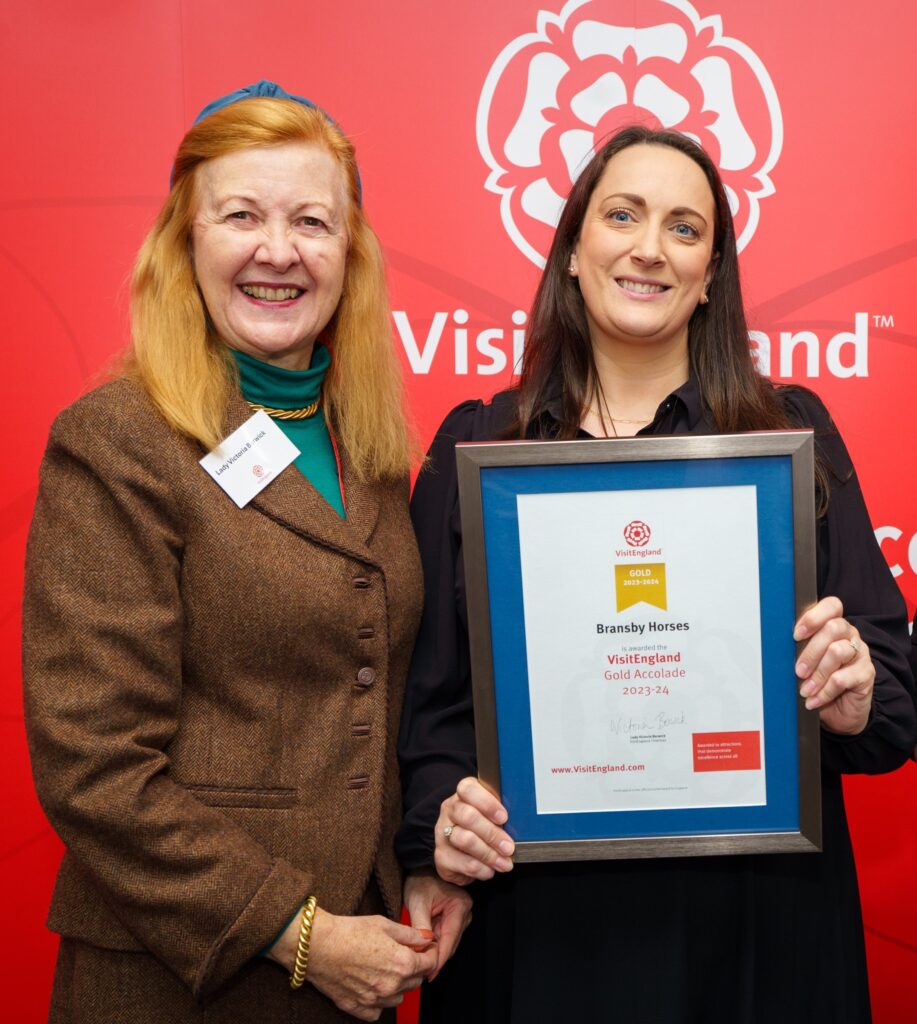Bransby Horses has launched its ‘Hay Five’ campaign to raise awareness of the hay crisis and help support horse owners.
Due to the long, wet weather during winter and into spring, the grass growing season has been somewhat delayed meaning owners are already using remaining hay stocks. The demand for hay this winter will be high and with a shorter supply, prices are set to rocket. In 2017, Bransby Horses used approximately 628 tonnes of hay – that’s the equivalent of 50 double decker buses!
Going into winter the forage shortage is of great concern to the charity, Head of External Welfare, Ryan Rouse, explains: “After such a long, wet winter, followed by a heatwave, horses haven’t had a copious grass supply available to gain weight and are now at risk as we approach winter. We are sadly expecting to see more welfare cases this year that are emaciated as a result.”
Sourcing hay may be more difficult this year and it is essential that all horse owners are aware and proactive in securing their forage requirements and seeking alternatives if required.
Hay Five Top Tips
- Act now to secure your winter forage supply, don’t leave it until the last minute or you may struggle to purchase what you need.
- Use appropriate feeding methods to reduce wastage and ensure your supplies are used effectively. Correct storage is also important to reduce wastage.
- Speak to a suitably qualified person for feeding advice; forage replacers and fibre feeds can top up the forage ration if required.
- Ensure your horse is healthy and up to date with vaccinations as a healthy horse will be better equipped to cope with the colder weather.
- Feed a balanced diet so the horse can fully utilise the forage it receives, a horse lacking in certain vitamins or minerals will not be able to make use of forage effectively. Provide a vitamin and mineral lick, balancer or complete feed.
Why is hay and forage so important?
- Horses are monogastric or simple-stomached herbivores (feeds purely on plants). Therefore, they rely upon a fibre-based diet in the form of grass, or in its conserved form hay or haylage, to maintain gut health and avoid stomach upsets.
- Designed to graze between 16-18 hours a day and need to consume approximately 2% of their bodyweight to maintain condition.
- During digestion of forage such as hay, heat is produced which helps maintain body temperature through the winter months.
- Most horses are unable to rely purely on grass during the winter months as it is often of poor nutritional quality, supplementing with hay ensures both the horse’s psychological need to graze and nutritional requirements are met.
- Having your forage supply tested for its nutritional content is recommended to ensure it’s suitable for your horse’s needs, to make sure they’re receiving a balanced diet but not gaining excess calories.
The External Welfare Team is on hand to offer advice and support so please get in touch if you have any concerns about the hay crisis.
Our vital work is only possible due to the generosity of our supporters. If you would like to help fund our rescue and welfare work please visit the donate page. Thank you.

